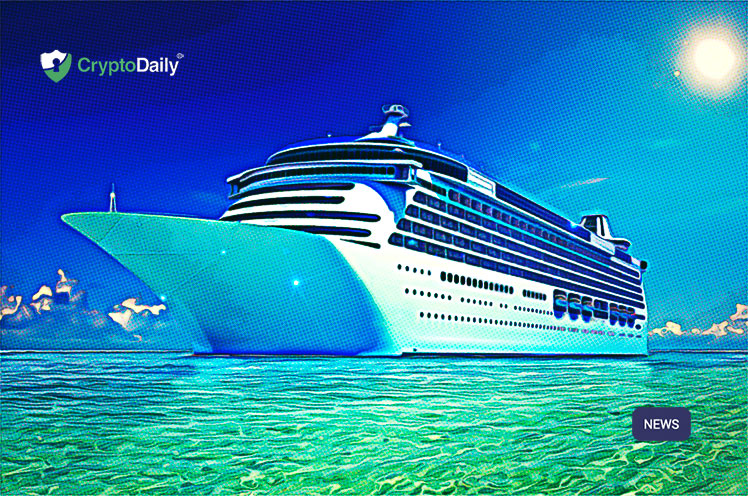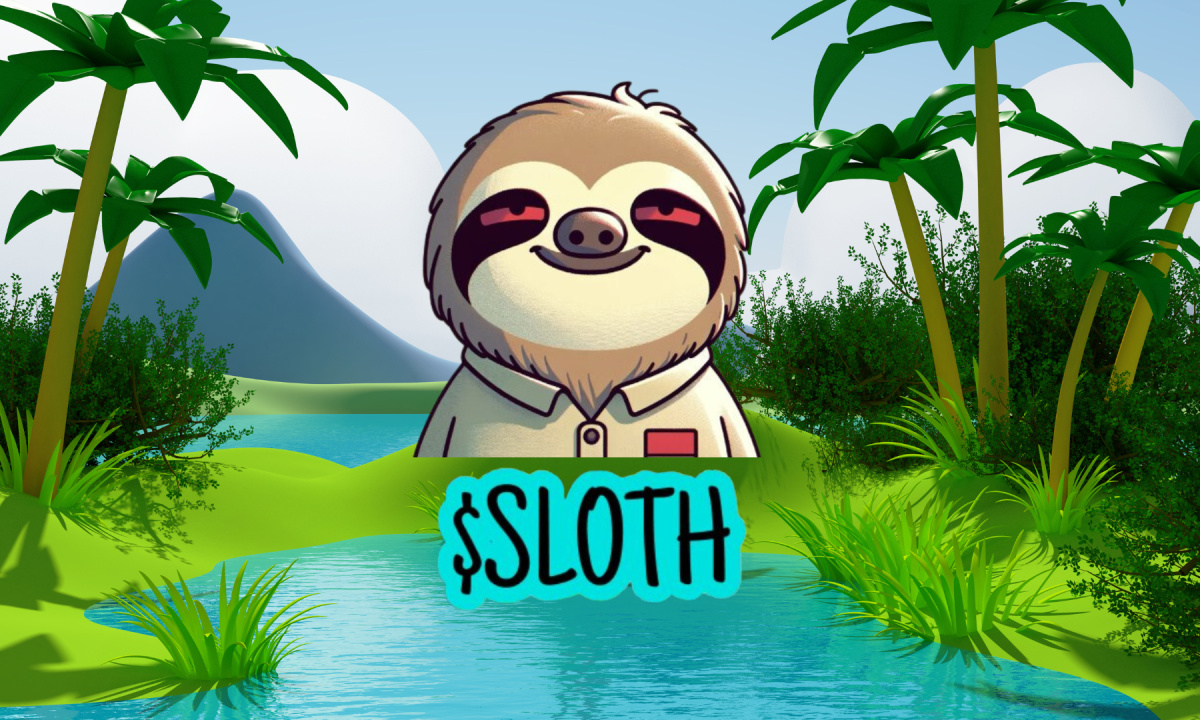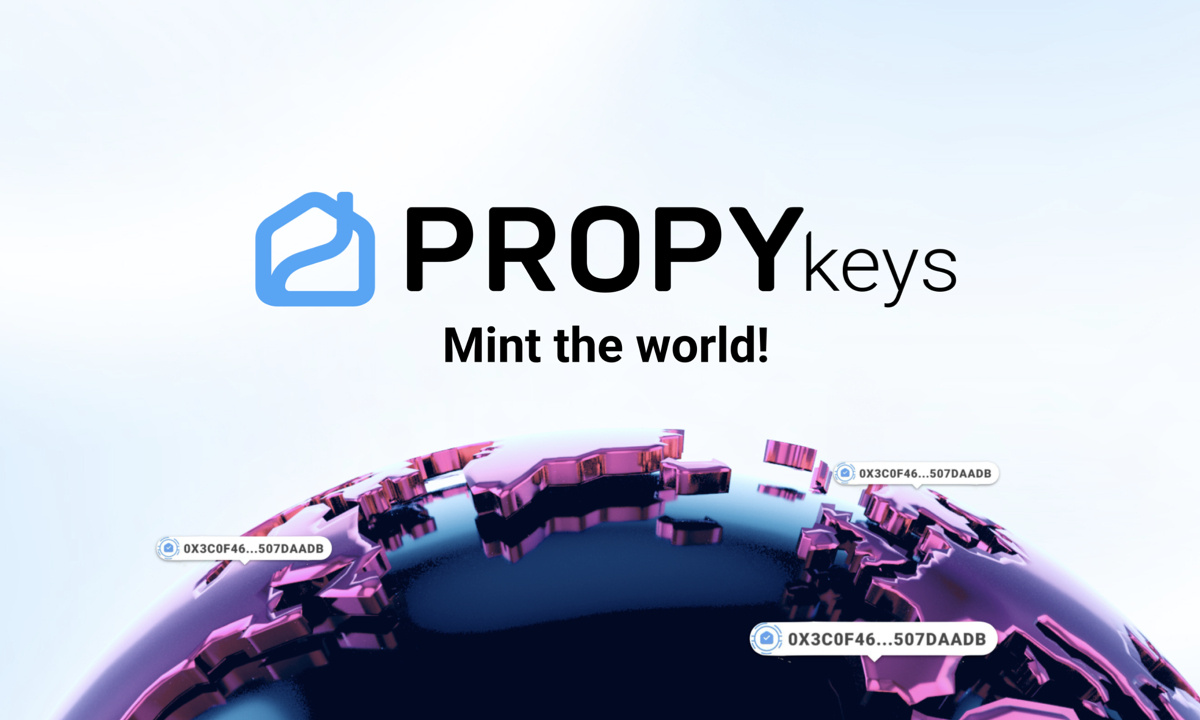Blockchain tech is one of those things that is bound to get mainstream adoption but, like the internet, when a new technology comes out people are often sceptical until they see it in action.
Blockchain is making moves all the time but one key area that the technology is gaining traction is in supply chains.
With the growing consumer demand for transparency on the source of products, the coffee giant Starbucks is deploying blockchain to track coffee beans from the farm right to the consumers' cups.
Vice President and CTO of Starbucks, Gerri Martin-Flicklinger recently described how CX is at the core of the firm’s new blockchain initiative.
“Everything we do in technology is centred around the customer connection in the store, the human connection, one person, one cup, one neighbourhood at a time.”
Modern supply chains
Supply chains have always been intricate but modern supply chains are even more so.
With blockchain, supply chains have the potential to make processes error-free and more efficient to assist business keep moving on in a much faster manner.
“Thus, the decentralized network enables just one ledger for everyone to refer to for any transactional history. Also, smart contracts in the blockchain system will serve as a proof of transaction as each must be verified independently.”
So with blockchain technology, there is an added level of transparency and accountability put on top.
A World Economic Report on blockchains in supply chains once said:
“On the surface, the supply chain of the future very likely looks like those we know today. Yet under the covers, we can anticipate far-reaching changes that enable better communication, fewer disputes, higher system resiliency and substantial gains in operational efficiency.”
So with Starbucks, blockchain will help reassure customers that the source of their drinks went through a safe and secure process and then ended up in their coffee cups.
In a few years, blockchain could impact a lot of food & drink supply chains like Starbucks.
Investment Disclaimer





